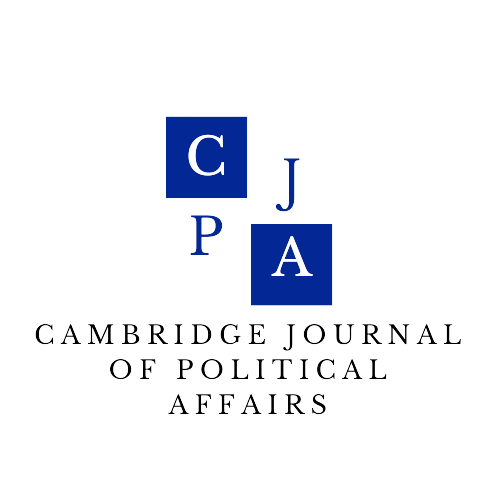Double-Fragmentation and Bleeding Democracy: The Drug Trade, Violence, and Democratic Health in Mexico
ABSTRACT:
This paper seeks to explain the drastic increases in violence related to the drug trade in Mexico since 2000, arguing that a ‘double-fragmentation’—a decentralisation of both political and criminal power—has been the key factor driving the violence. For over seven decades, Mexico’s one-party state protected cartel activities, while governing inter-cartel interactions and thus restricting violence. Democratisation (a decentralisation of political power) eliminated the state-cartel protection mechanisms that had persisted throughout the 20th century, leaving cartels free to compete more violently with one another. This competition led the Calderón administration to adopt an aggressive approach to cartel policing which militarised DTO (drug-trafficking organisation) activities and targeted organisation leaders. This fragmented the most prominent cartels in Mexico into smaller, subnational units with access to military equipment and expertise, such as Los Zetas. These subnational units have individually sought to expand their territory and control, corrupting judicial and electoral activities along the way while engaging in increasingly theatrical forms of violence. The paper emphasises the insecurity and instability produced by escalating violence as a concerning factor in the weakening of Mexico’s democratic health, and questions whether the popularity of the incumbent Obrador administration—despite power-consolidating behaviour—is a result of those factors.
